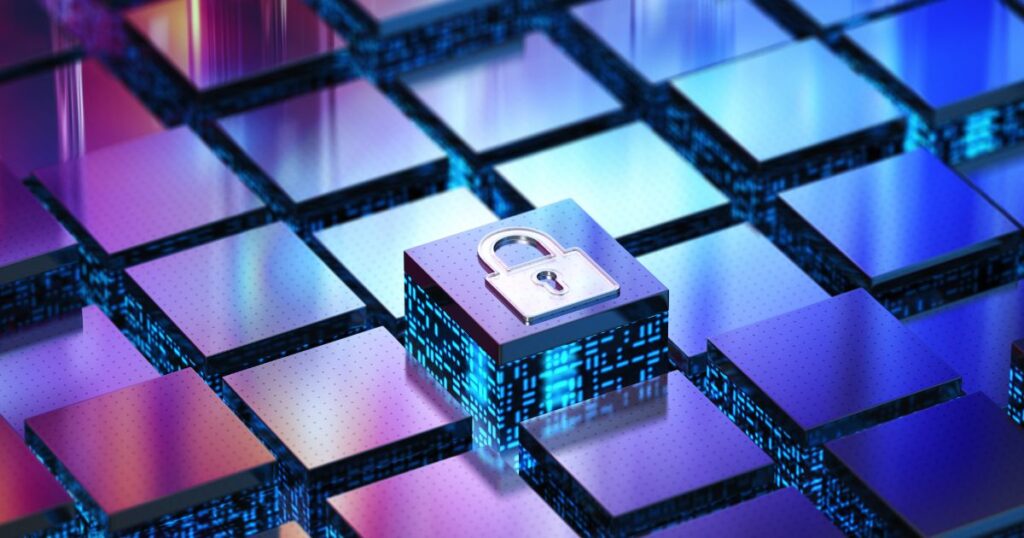Hardly a day goes by without most people interacting with the internet expert tips. Whether it’s replying to emails, reading social media posts, or even just playing games, the internet is very much part of our day-to-day lives. But what many people overlook is the importance of safeguarding their digital footprint.
No matter how small you may think your online activities are, they are a prime target for cybercriminals. As technology and cyber threats continue to advance, it is vital to implement best practices and avoid common cybersecurity mistakes.
Common Mistakes You Should Avoid When Online
So far, the impact of ransomware, data breaches, and phishing attacks has cost the US economy a whopping $350 billion. While you may think these statistics only apply to large businesses, the truth is that it can all be traced down to human error.
That’s where you and I come in. By acknowledging common mistakes we make in our day-to-day lives, we can better protect ourselves, along with the small and large companies that we interact with, against hackers and other cybercriminals.
Here are five all-too-common cybersecurity mistakes we make online and what to do instead.
1. Assuming You Can’t Be A Target
Since most cybersecurity headlines involve high-profile companies, many people believe that they cannot be targets for cybercriminals. But the truth remains that anywhere these adversaries can get a hold of sensitive data and assets serves as a prime target.
That includes a social media account or even something seemingly trivial like an online casino account. That’s why everyone should stay vigilant in the fight against cyber threats. Check your accounts for suspicious activities from time to time.
Suppose you notice a login attempt to your online casino account. Change your password quickly to avoid further unauthorized access even if it’s a no deposit casino account where you may not necessarily divulge your payment details to secure a bonus. Don’t forget that you still have to verify your identity by providing certain important documents. The information therein is enough to make you a target for these malicious actors. Always remember that nothing online is too insignificant for these bad actors.
2. Using the Same Weak Password Everywhere
Another major gateway for cyber attacks is using the same password across a variety of your online accounts. Yes, it’s easier to remember. But do you know it also increases your exposure to brute force attacks? That’s where hackers use sophisticated software to guess login credentials and infiltrate a private network. In fact, 51% of hackers prefer using brute force attacks to penetrate the vulnerabilities in cloud storage architecture.

But, if you ensure that your passwords are long, unique, and varied, the better your chances are at keeping hackers away. Keep in mind that you can always use a password manager to store and remember your different passwords. In the best-case scenario, it’s advisable to vary your passwords every six months or so.
3. Ignoring Software Update Notifications
Way too often we ignore software update notifications on our devices. However, that’s one of the ways that we leave the door open for bad actors to walk right in. Ignoring such updates implies missing out on important security patches, which even the most robust antivirus software cannot compensate for.
Ensuring your software is up-to-date prevents you from being vulnerable to published attacks. That way, your system isn’t open to potential cyber-attacks or data breaches. So, the next time you see an update notification, install it immediately. Your online safety depends on it.
4. Dismissing the Importance of Two-Step Verification
Many prefer not to turn on the two-step verification on most of our accounts. After all, it takes too much time, right? Wrong. Adding a second verification step differentiates a secure account from one that can be easily compromised. In fact, did you know that two-step verification blocks 100% of automated bot attacks?

So, avoid the giant headache that comes with ignoring this simple yet effective security measure. Instead, set up 2-step verification and know whenever someone, including yourself, attempts to log in to one of your online accounts. That way, access is only granted to those attempts you authorize.
5. Connecting to Public WIFI Networks
We’ve all heard it before – avoid using public WIFI networks to access your sensitive data. This advice is more relevant than ever in 2024. A hacker knows you expect to see a network called restaurant WIFI whenever you walk into your favorite dining-in spot. So, they won’t think twice about creating a malware-filled access point to trap anyone willing to join.
Want to view your bank account statement or pay bills online? Do it from a private network, preferably at home. That way, you’re sure the network is safe.
Strive to Maintain a Healthy Cybersecurity Routine
Cybersecurity is not only important for companies. In this modern age, where everyone is inclined to use the internet for basically everything, maintaining cyber health is crucial for individuals as well. Protecting your digital footprint is no longer negotiable. Everyone must take proactive measures to reduce their vulnerability to cyber-attacks.


